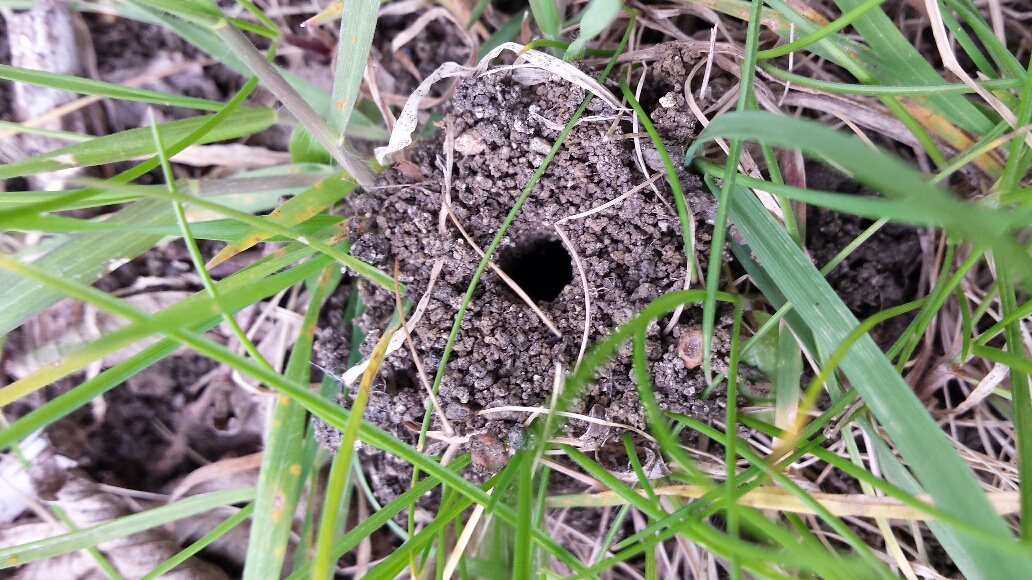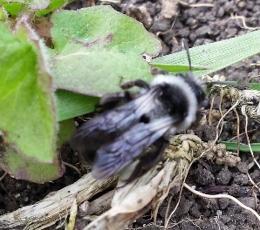Bee Season Has Started
Listed Under: News/Blogs
Hinton Pest Control have received lots of enquiries about bees recently, which means that bee season has started. There are millions of species of insects and in the sunshine, they are all out and about doing their thing but only a handful of them become a pest which require pest control intervention. So let’s talk about a group of bees, known as solitary bees,
At this time of year, these enquiries are about solitary bees of which there are more than 200 recorded species including mason, leaf-cutters, mining and carpenter bees. They are individual bees that can appear in numbers. As the name suggests, these insects do not live in colonies. Most solitary bees are useful pollinators. When they visit a flower, pollen is transferred onto the hairs on their abdomen. This pollen gets transferred to other flowers of the same species as the bee travels around. Many flowers are dependent on insects for pollination and without this service, they cannot set seeds. Solitary bees, like bumblebees, can fly in cool or drizzly weather, unlike honeybees that stay at home during inclement weather. Solitary bees can be important pollinators of fruit trees and bushes, which flower in the spring when poor weather often occurs.

The majority of ground nesting bees actually dig their own burrows, the spoil forms little soil “volcanos” around the burrow entrance in many cases. If your lawn is affected in this way, just go over the soil with a stiff brush and spread it over the lawn. This won’t cause a problem for the bees; they will find the revised entrance, clean out any soil that got pushed in to the burrow and carry on with things. They will only be with you for a few weeks and then you won’t see them again until next year in March / April. Hinton Pest Control Ltd does not provide pest control for solitary bees.


 loading...
loading...